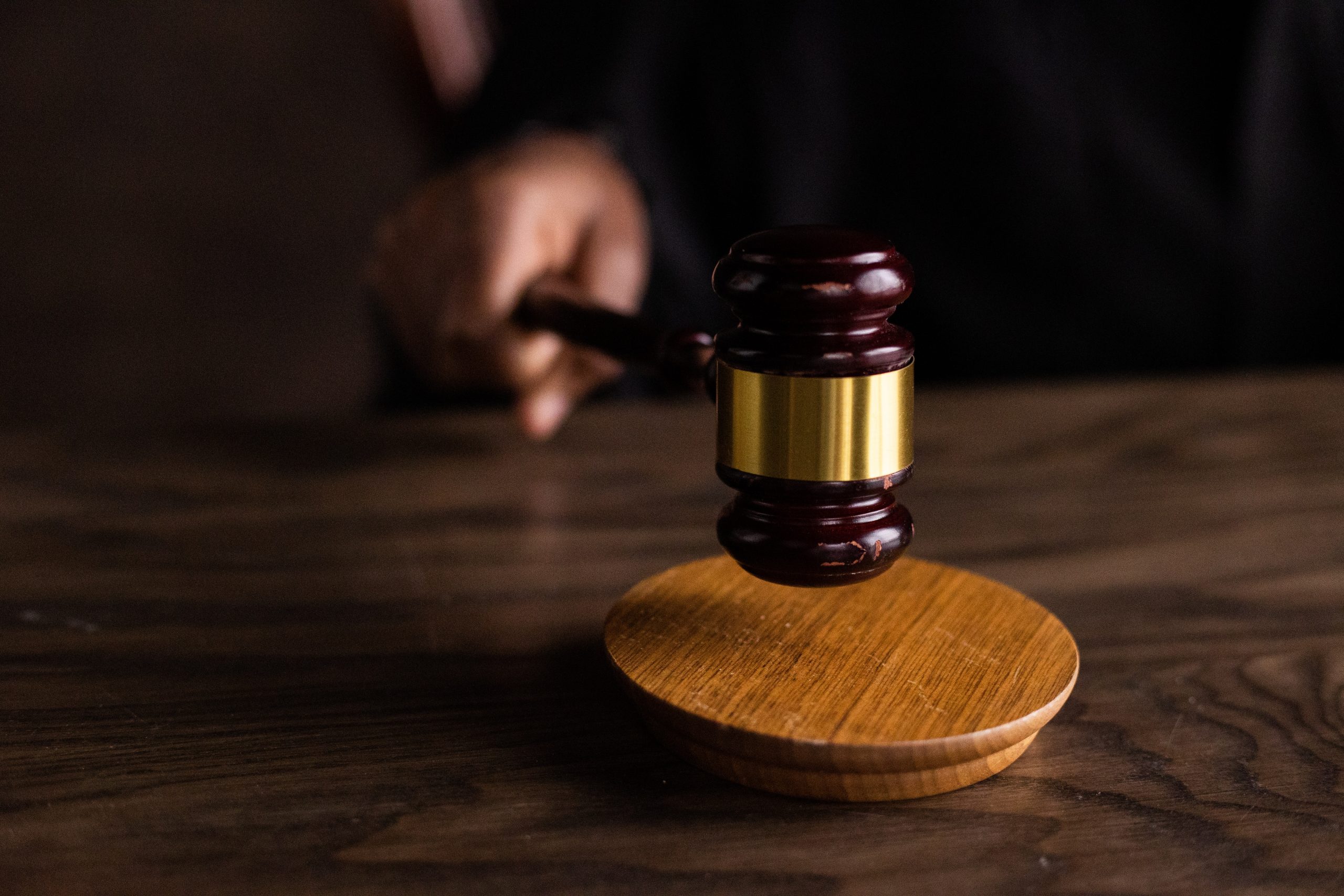In the case of Topps Tiles Plc v Hardy the Claimant, who had worked for the Respondent since 2002, alleged unfair dismissal and disability discrimination arising from his dismissal as a store manager in November 2019. He claimed he had suffered from depression for a period of 20 years and that the Respondent was aware of this.
The Claimant alleged that the Respondent had knowledge of his disability following a discussion with an area manager in 2016 though he had been provided with no support. His line manager was also aware of his health problems after he broke down in tears at a meeting with her in October 2019. Not long after this meeting the Claimant had an altercation with an abusive customer in the store which led to his suspension and dismissal.
The ET found that he had been unfairly dismissed and also concluded that he had not contributed to the dismissal so that any compensation would not be reduced, saying ‘We find that there was no contribution because we do not agree that a reasonable employer could treat the claimant’s handling of the episode, faulty though it was, as an act of gross misconduct in the overall circumstances of the case.’ The Respondent appealed.
The EAT allowed the appeal. Instead of considering the actual conduct of the Claimant and whether or not it contributed to the dismissal, the ET had focussed on the question of whether it was reasonable for the Respondent to treat the conduct as gross misconduct. The matter was remitted to the same ET that will consider remedy.
This provides summary information and comment on the subject areas covered. Where employment tribunal and appellate court cases are reported, the information does not set out all of the facts, the legal arguments presented and the judgments made in every aspect of the case. Employment law is subject to constant change either by statute or by interpretation by the courts. While every care has been taken in compiling this information, we cannot be held responsible for any errors or omissions. Specialist legal advice must be taken on any legal issues that may arise before embarking upon any formal course of action.









